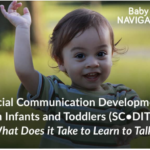Features
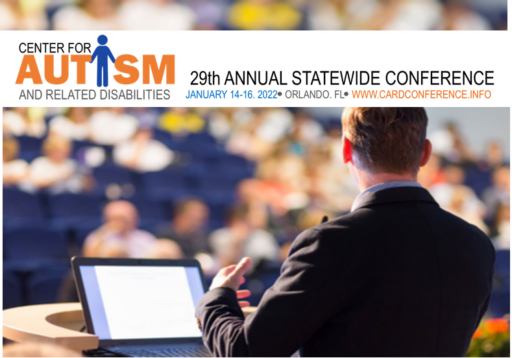
29th Annual Statewide CARD Conference
January 14th – 16th, Online
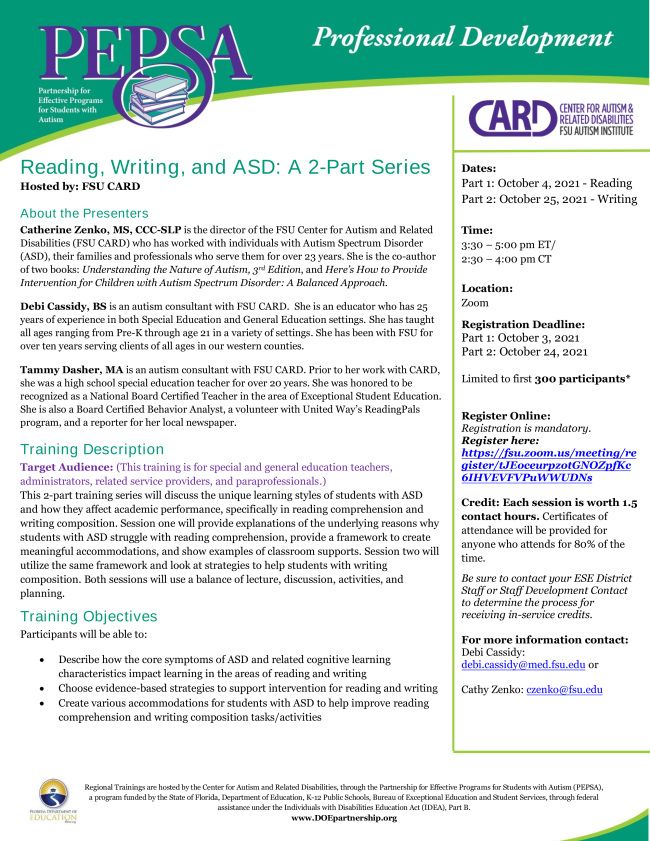
PEPSA: Reading, Writing, and ASD: A 2-Part Series
October 4th & October 25th
3:30PM – 5:00PM ET; 2:30PM – 4:00PM CT
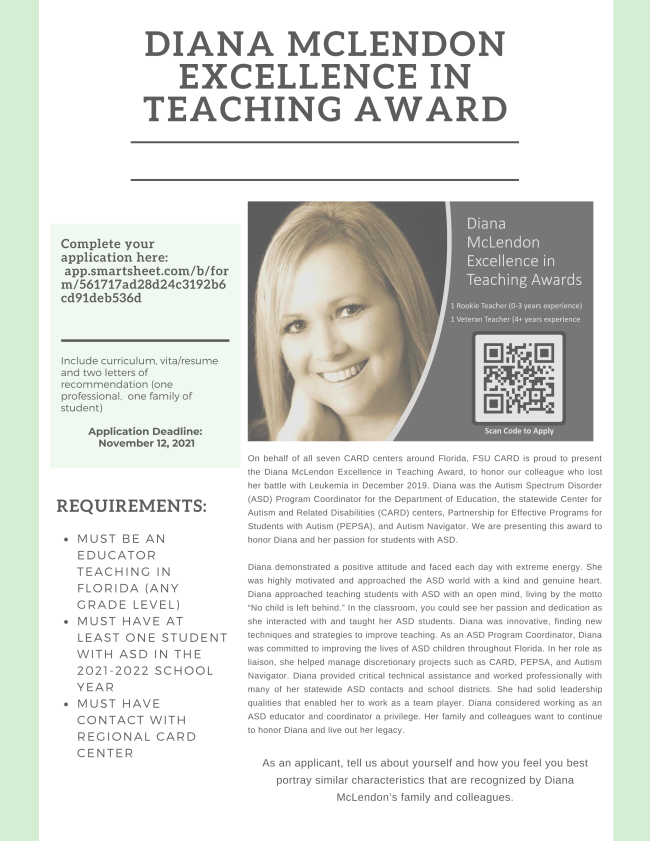
Diana McLendon Excellence in Teaching Award
Calling All Teachers of Students with ASD
Apply now for the 2021-2022
Diana McLendon Excellence in Teaching Memorial Award
Application Deadline: November 12, 2021
Award amount: $500
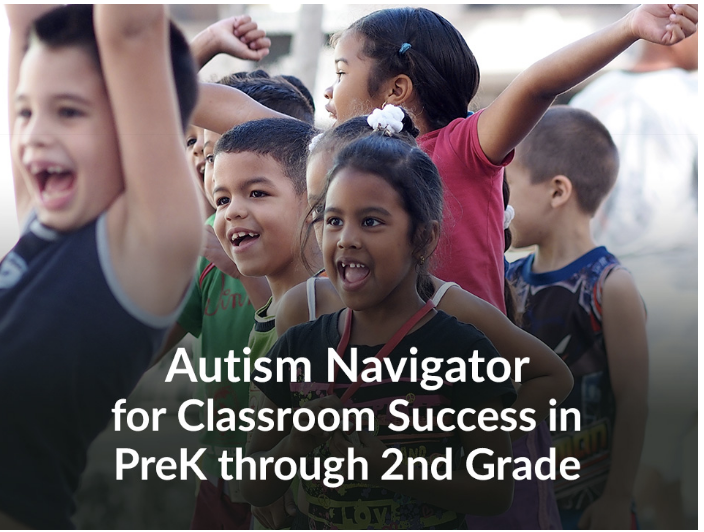
Autism Navigator for Classroom Success in Pre-K Through 2nd Grade
Calling all regular education and special education teachers, district-level personnel, speech-language pathologists, occupational therapists, early interventionists, psychologists, behavior specialists, social workers, paraprofessionals, college students, and anyone else interested in learning about students with autism.
6-weeks webinar series begins
Wednesday, October 20th
3:30- 5:00 ET / 2:30 – 4:00 pm CT
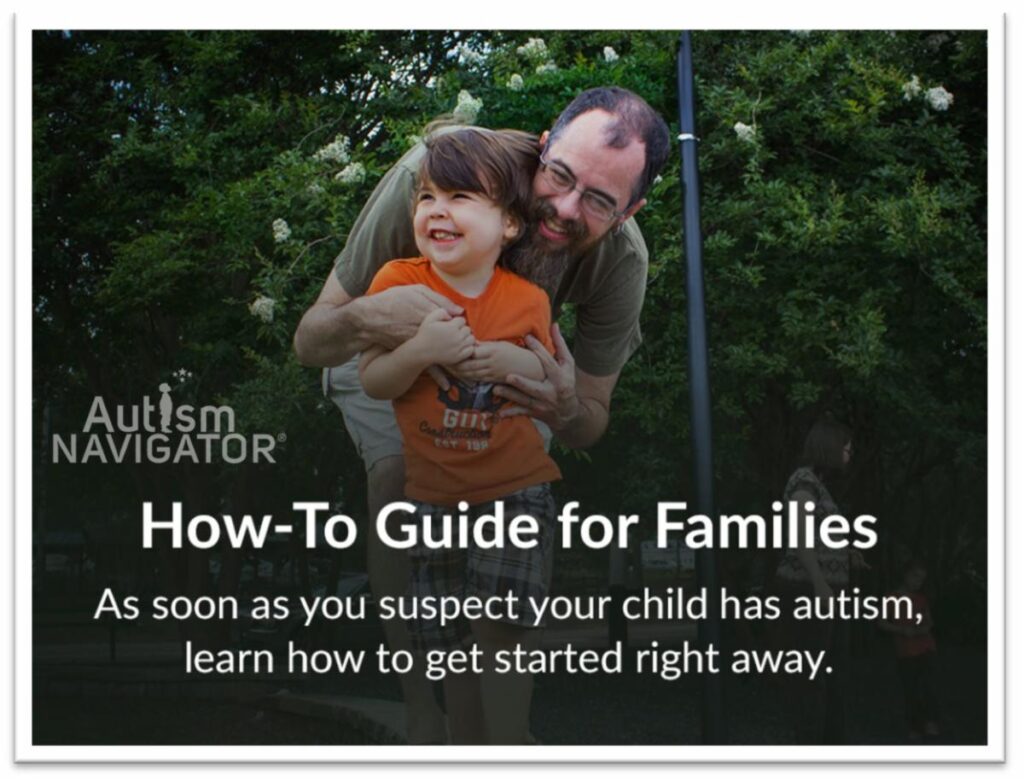
How-To Guide for Families
Calling all families and caregivers of young children with autism
2nd and 4th Tuesday of each Month
1:00 – 2:30 PM EST
Articles
Farewell to CARD
By: Tammy Dasher

The first time I met a CARD consultant the sky was a bruised gray, and my classroom was bright and cozy the way lighted rooms are on rainy days. Debi Cassidy arrived right on time, despite having spun her car into the median during the downpour on her way to meet with me. Spun but not shaken, she put the scare away and we got right to work on my PEPSA partner plan. The next school year, I joined this intrepid band of former special ed teachers, SLP’s, school psychologists, behavior analysts, and social workers.
Sincerely,
Tammy
Video: When to let kids “FAIL”? (Executive Function, ADHD)
By: Seth Perler

A parent writes: “Natural consequences… one of my takeaways from the summit was to not be my kid’s executive function(at least as much), and allow natural consequences to happen. Yesterday was a test for me. My daughter started community college two weeks ago.
Yesterday, she had classes start at 8a. Her alarm went off at 7a. And again at 7:09a. Then silence. I told her the night before I’d give her a ride as long as she was ready by 7:30a. But after that, I had commitments. At 7:19a I started getting anxious. At 7:24a I was irritated. I watched the clock tick down reminding myself not to save her. That was hard.”
WHEN can we let kids “Fail Safe? When is it rescuing? Enabling? Saving? Maladaptive?, Helping too much or not enough?
Here I explain several core concepts to empower you.
Full Video HERE<<
Client Corner
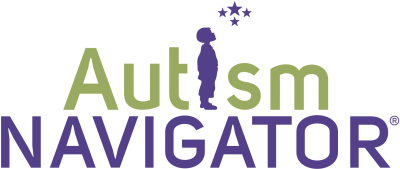
Free access to the Autism Navigator® How-To Guide for Families
FSU CARD is pleased to continue to offer free access to our CARD families with young children not yet old enough to enroll in kindergarten to the online Autism Navigator® How-To Guide for Families course. This self-paced course will teach caregivers how to use strategies and supports in their everyday activities as well as provide them with access to a variety of “tools” to chart their child’s developmental growth and monitor meaningful outcomes. This online course is full of video libraries to illustrate how to promote learning and development of their child with ASD. For more information about the Autism Navigator® How-To Guide for Families, please visit their website . If you are a parent of a young child with FSU CARD and would like to request a code to the How-To Guide for Families, please click this link: https://firstwords.fsu.edu/card_h2g/sign_up.php
In addition to the online course, parents that enrolled in the How-To Guide for Families, will be invited to join a weekly meetup (a Guided Tour) where parents will have the opportunity interact with other families with similar issues from the convenience of their computer, phone or tablet. We hope to start the next CARD facilitated How-To Guided Tour as soon as 10 to 12 families express an interest in getting one started.

Baby Navigator Website
The Executive Director of FSU CARD and Director of the College of Medicine’s Autism Institute, Dr. Amy Wetherby, launched a new website, BabyNavigator.com, that walks parents through early childhood development and alerts them to early signs of autism.
Click on the article below for more information. HERE →
Share with CARD!
FSU CARD is continuously looking for clients who would like to share their art, writing pieces, or success stories in our quarterly newsletter. If you are interested in sharing for our next issue, please send a message and image electronically to Crystal Grey-Hewett (crystal.grey-hewett@med.fsu.edu). All art or writing pieces should be titled. Select submissions will be chosen for each edition of the newsletter; artists and authors will be notified if their article is chosen.
Client Corner Newsletter Feature: All In a Day’s Work: Hayden Edelman
By: Debi Cassidy

This month it is our privilege to spotlight Ms. Hayden Edelman.
Hayden is currently working two jobs while taking online classes to complete her bachelor’s degree. She is a hostess and a service assistant at a local restaurant and has recently begun working as a teaching assistant in a kindergarten/1st grade classroom for students with autism spectrum disorder. Hayden has always loved being with children and states that one of the highlights of her day is seeing the joy on the children’s faces when they complete their work and get it right. She says it reminds her of herself when she was younger.
Hayden credits her mom, Kelly, for setting her up for success. Her mom has been instrumental in teaching her the tools she needs and has always been her biggest supporter. “She always had high expectations of me and taught me how to be responsible” Hayden states. “I would not be where I am today if I had a different mom.”
Hayden recently celebrated her 21st birthday at Universal Studios with her boyfriend. She lives life to the fullest and is proof that hard work pays off.
Health & Nutrition

This article from Psychologytoday.com outlines strategies to avoid overeating Halloween candy.
The 9 Best Ways to Avoid Overeating Halloween Candy Halloween candy coma prevention: nine expert tips
1. SWITCH IT UP: You often are thinking about the next piece of candy before finishing the one you have. To slow down and enjoy each piece of candy as you are eating it, eat with your non-dominate hand (if you are left handed, eat with your right). This will help prevent you from mindlessly popping candy into your mouth. Research indicates that this simple swap can cut down on how much you eat by approximately 30%. –Dr. Susan Albers, author of the National Bestseller, EatQ”.




